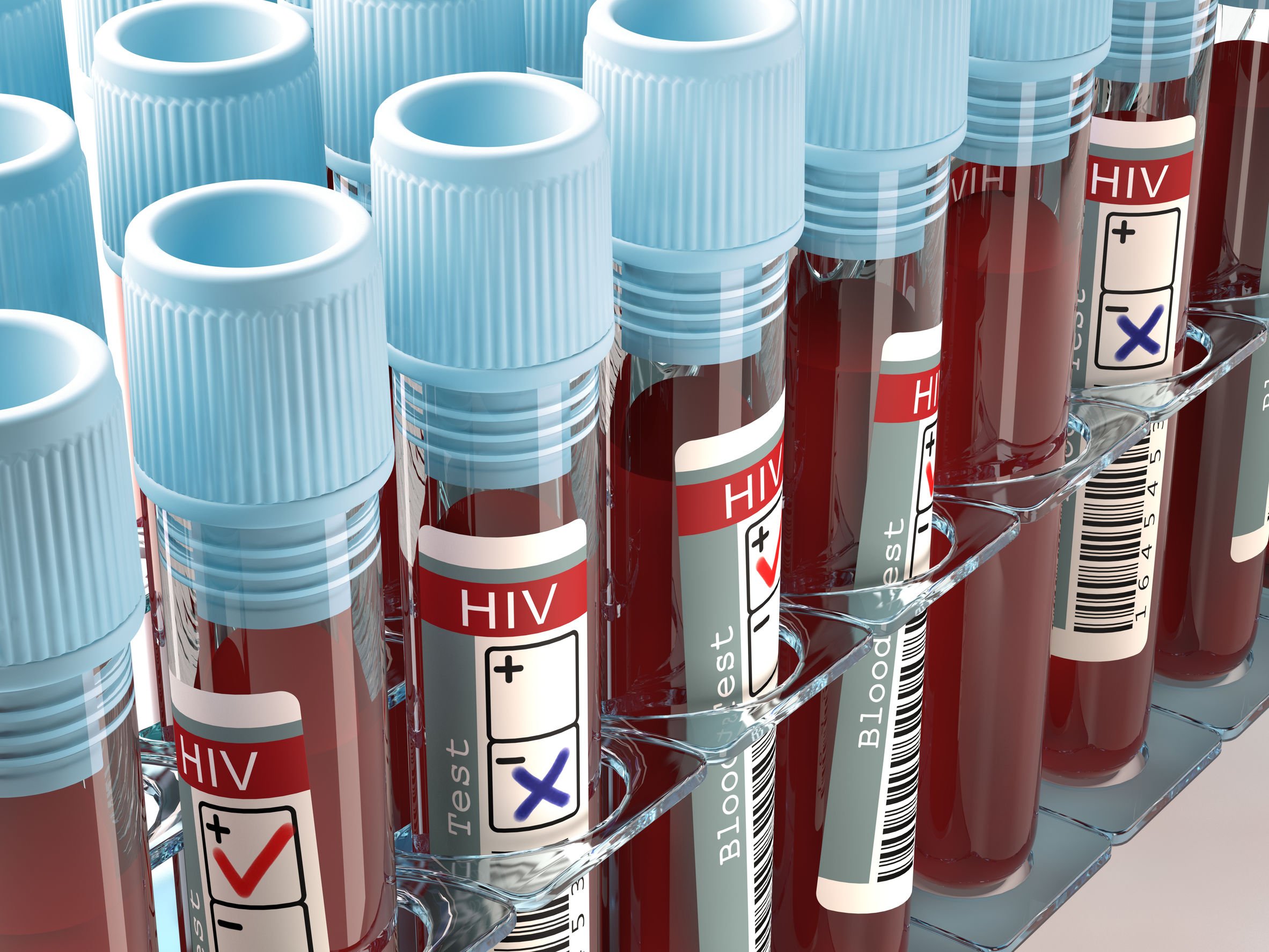
A Short Guide to HIV/AIDS & Why You Must Undergo HIV Testing
In 2020, the novel Coronavirus attacked the world, killing millions. Go back to 1981, the novel retrovirus attacked a major part of the world, killing millions. A popular gay newspaper screamed, “an exotic new disease.”
Today, we know it as HIV/AIDS.
WHO had declared it a global epidemic in 1981. There was no name for it then. The press named it GRID (Gay-Related Immune Deficiency), as it seemed to attack only the gay community back then. Today, HIV can infect anybody.
It was in September 1982 that the CDC (Centers for Disease Control and Prevention) announced the official name of the “exotic disease” as AIDS.
Wondering “Where is a free HIV testing center near me?”
Types of HIV
Scientists have characterized two types of HIV:
- HIV-1, which was discovered initially. It is more virulent and infective than HIV-2. A majority of HIV cases around the world are of HIV-1.
- HIV-2, which was discovered later, is majorly isolated to West Africa. It shows a relatively poor transmission capacity, which means that fewer people exposed to this virus will get the infection.
HIV can compromise a person’s immunity to a level that he or she becomes highly vulnerable to opportunistic infections. Usually, the last stage, which is the full-blown AIDS stage, may lead to permanent organ damage and, ultimately, death.
The virus attaches itself to different immune cells present in the body, such as macrophages, microglial cells, and CD4+T cells.
Many people who carry the virus are unaware they are infected. That’s why doctors emphasize HIV testing for people having unprotected sex and those involved in high-risk sexual behaviors.
The only way to know you are HIV-infected is to undergo a test.
ELISA
This is the initial test for HIV-1. If your result is non-reactive to ELISA, you are HIV-negative.
If your result is reactive, the doctor will retest in duplicate. If this is reactive, the doctor conducts supplemental test like Western Blot, Polymerase Chain Reaction (PCR), or Immunofluroscence Assay (IFA), which is less common.
Only when you are found repeatedly reactive in ELISA test and positive in PCR or IFA or Western Blot are you regarded as being HIV-positive.
Antigen test
The CDC recommends this test, which is done though a blood sample. The test can detect the virus earlier than an antibody test, as it looks for HIV antigen, which is a protein known as p24. It is a component of the virus and can be detected 2-4 weeks after exposure. The test also looks out for HIV antibodies.
A rapid antibody/antigen test provides results in 20 minutes. Most reputable STD clinics conduct this test. So, you can get tested and start treatment the same day.
NAT or Nucleic Acid Test
Also called RNA test, it detects the presence of the virus itself. An expensive test and not the doctors’ first choice. Used only for people at high risk or those showing flu-like symptoms.
Free HIV and STD testing near Arlington 22202 is available. Undergo a test and ensure your sexual health. HIV/AIDS is as serious as the Coronavirus, say doctors.

No Comments
Sorry, the comment form is closed at this time.